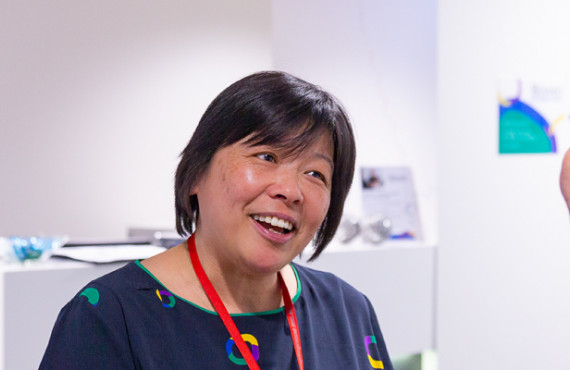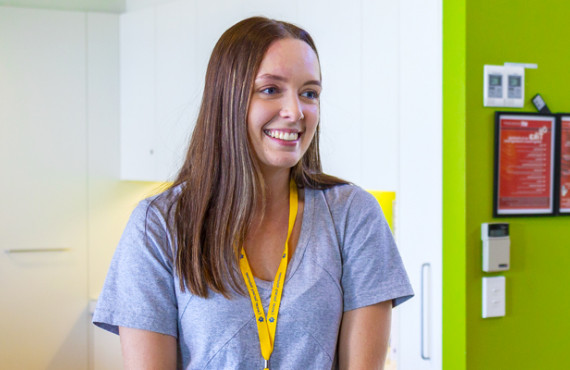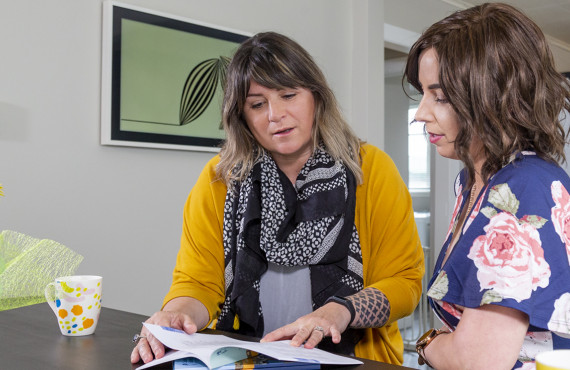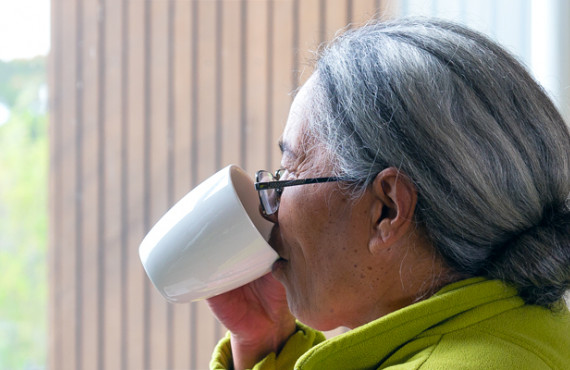If you have any symptoms of thyroid cancer, they need to be checked by your doctor.
What is thyroid cancer?
Thyroid cancer is a cancer of the thyroid, a butterfly-shaped gland in the lower front of the neck.
Like the rest of your body, the thyroid is made of tiny "building blocks" called cells.
Thyroid cancer begins when these cells grow abnormally.
Cancer is a disease of the body's cells. It starts in our genes. Our bodies are constantly making new cells, a process controlled by certain genes. Cancers are caused by damage to these genes. As the damaged cells replicate a lump or tumour is formed.
Tumours can be:
- Benign - not cancerous. These do not spread to other parts of the body.
- Malignant - cancerous
Thyroid cancer symptoms
Signs and symptoms of thyroid cancer may include:
- a lump in your neck which gets bigger over time
- pain in your neck, jaw or ear
- difficulty breathing or swallowing
- an irritation or 'tickle' in your throat
- hoarseness or other changes in your voice
- swollen glands in your neck
Having these symptoms does not mean you have thyroid cancer, but it is important to get any changes checked by your doctor.
Thyroid function test results are often normal even when there is cancer. The best way to find thyroid cancer is to ask your doctor to feel your neck.
Tips for talking to your doctor
- make a list of what you are feeling and how often it happens, including as much detail as possible
- think about your family/whānau history of cancer and tell your doctor
- go back to your doctor if you don't feel better, even if tests show you don't have a problem - you can ask for a second opinion if you want one
- take a family/whānau member or friend with you to the appointment for support
What causes thyroid cancer?
Like many types of cancer, we don’t always know why people get thyroid cancer, but some things increase your risk.
Risk factors for thyroid cancer include:
- exposure to radiation - such as previous treatment for childhood cancers
- family/whānau history of thyroid cancer
- eating a diet low in iodine

Learning more about the treatments you've been offered can help you prepare.

We are here to help and support you and your whānau through cancer diagnosis, treatment and recovery…

Help with making tough decisions about what treatment you will have.

Cancer can impact not only your health but your lifestyle and relationships.
We know that going through cancer is tough and can raise many questions. You are not alone.
We have health professionals to answer your questions and provide the support you need.
Get in touch
